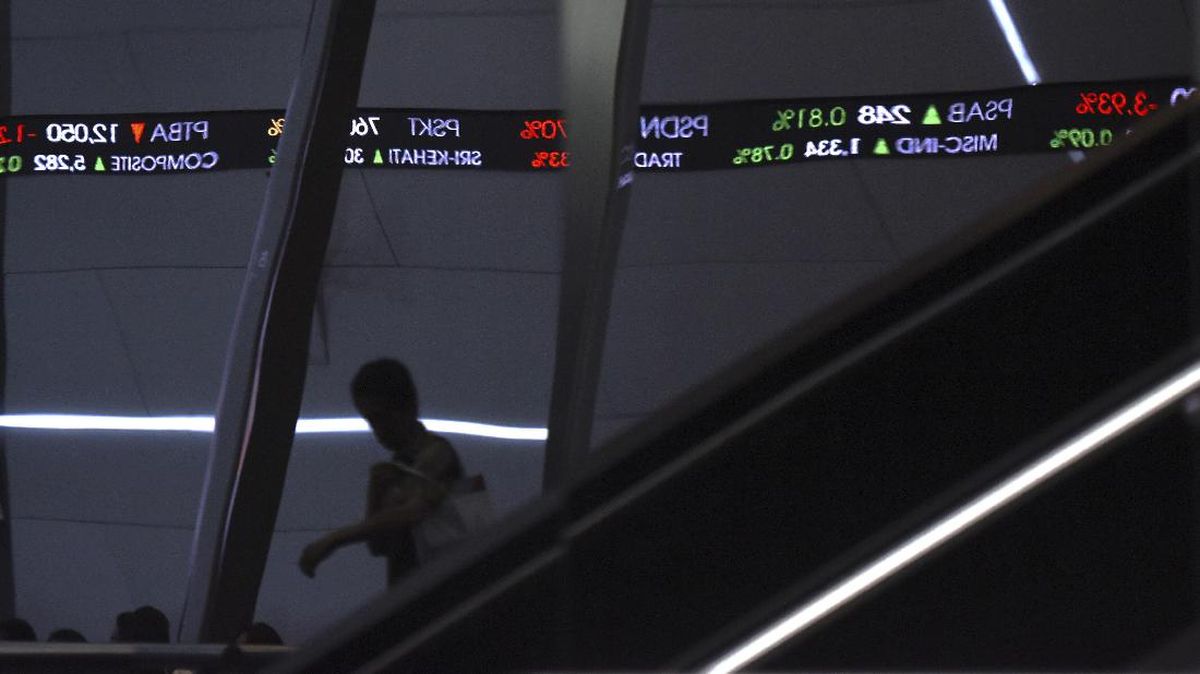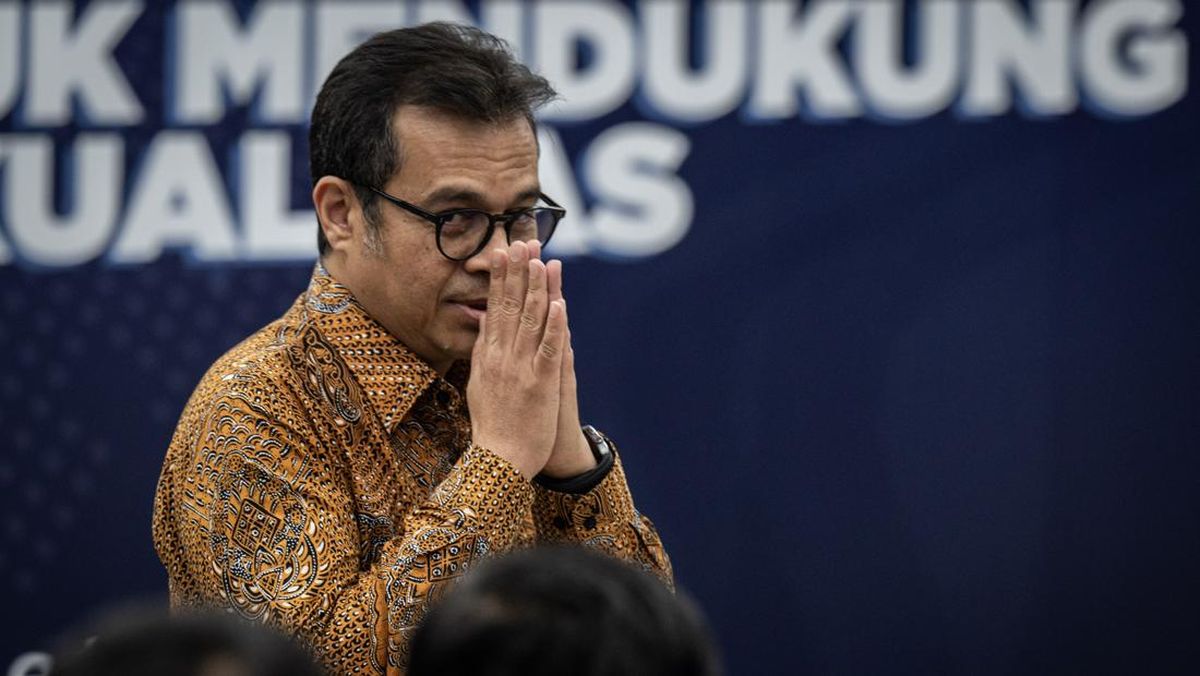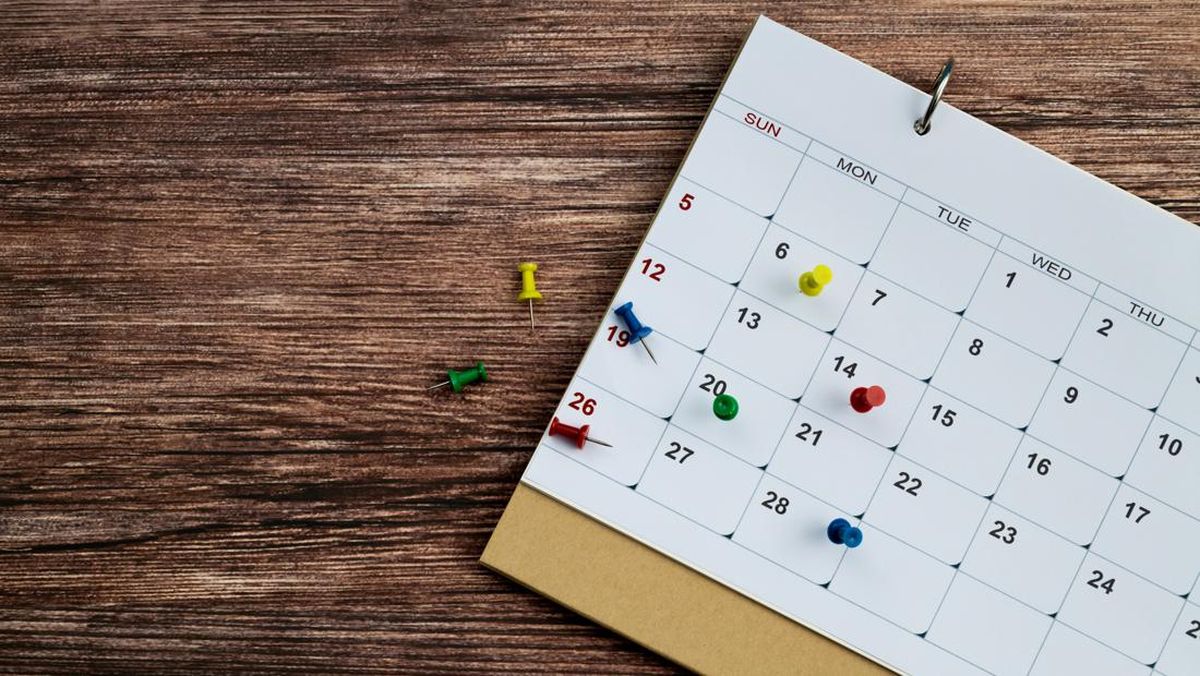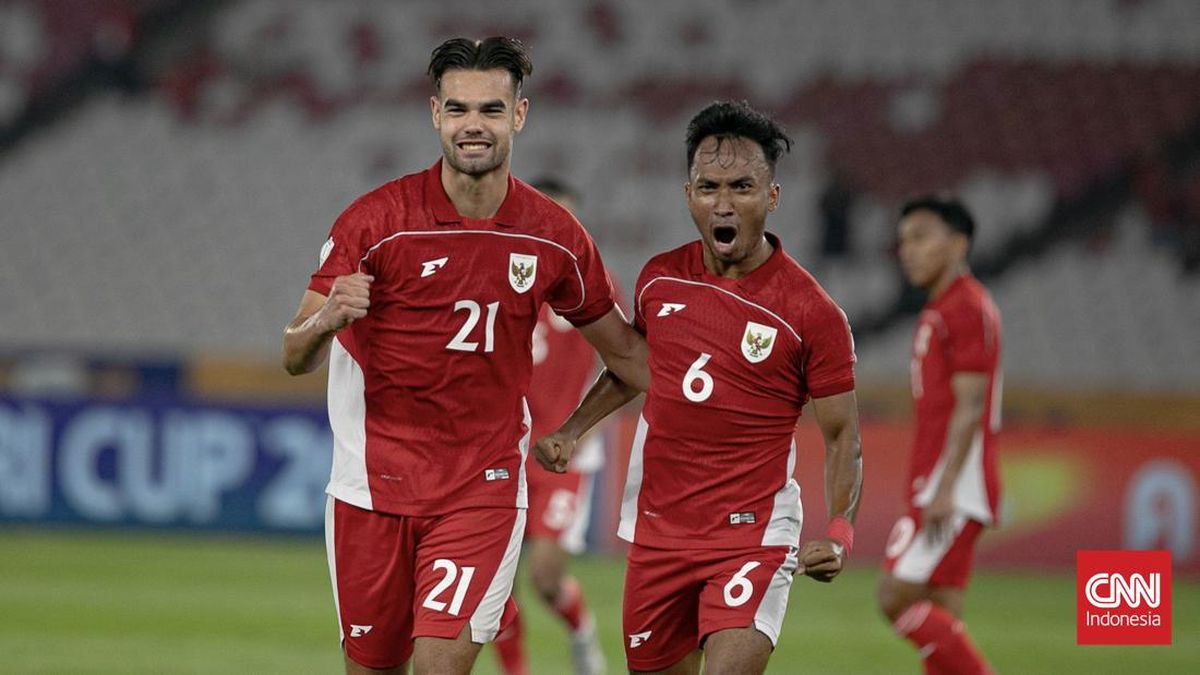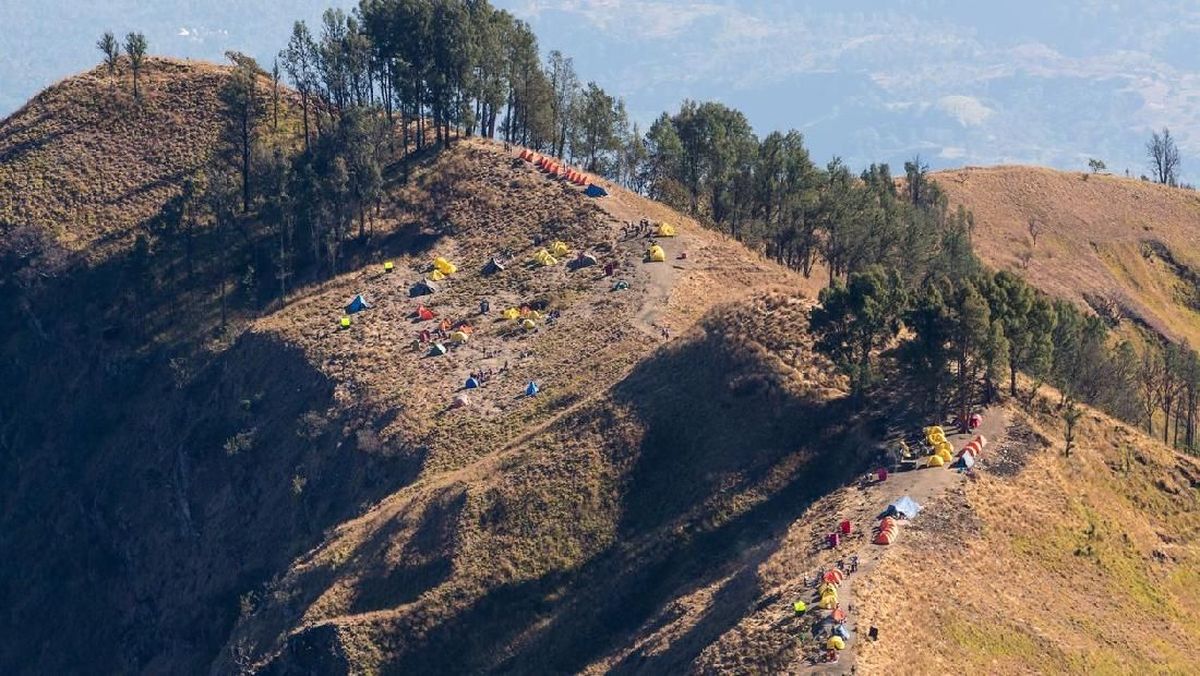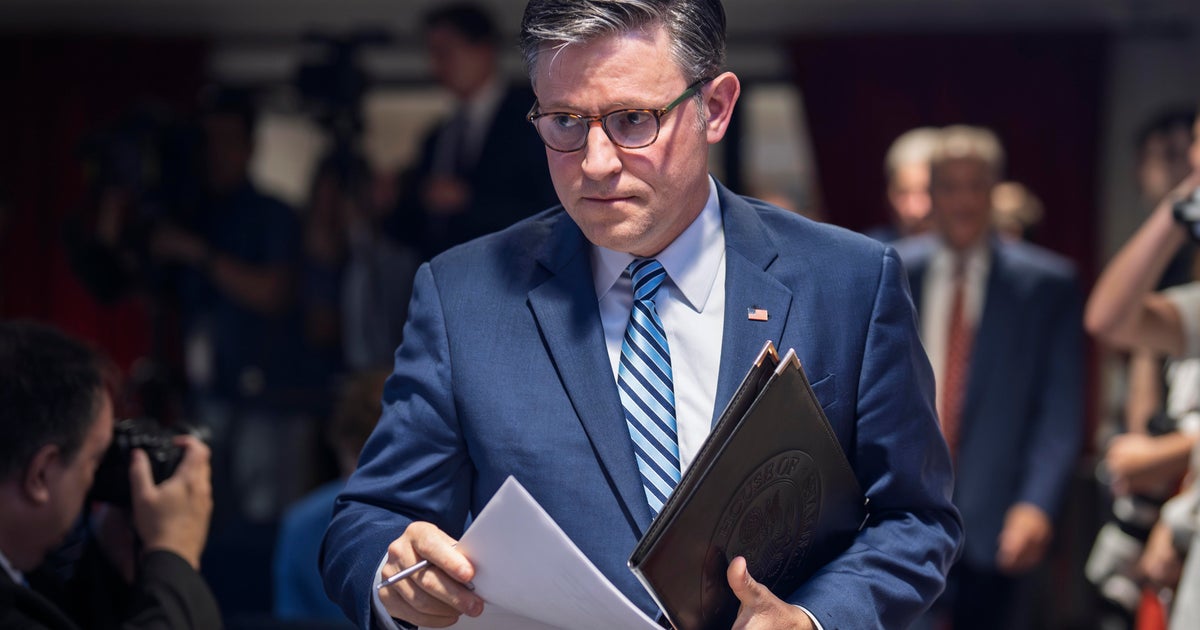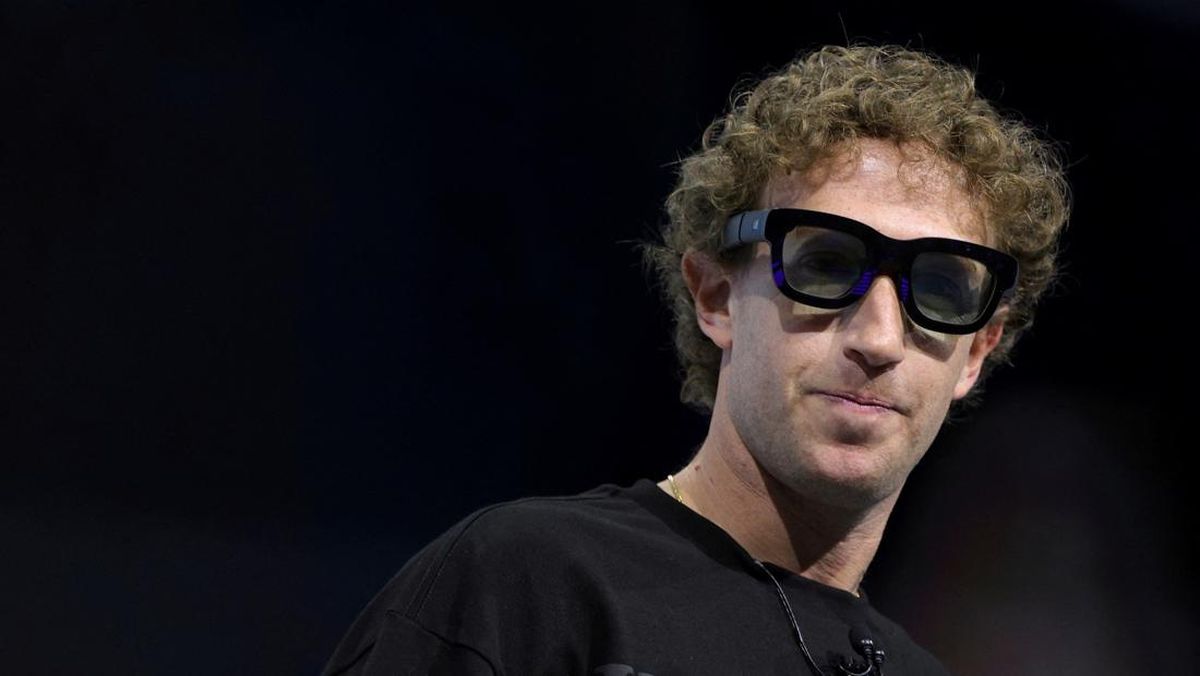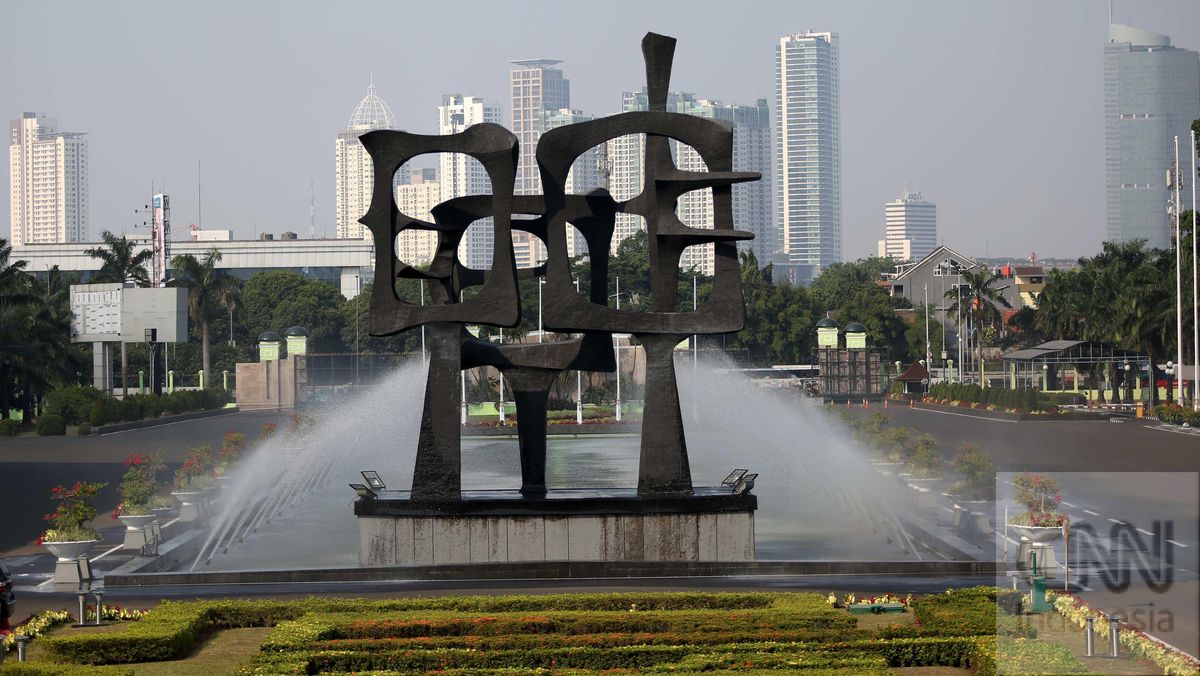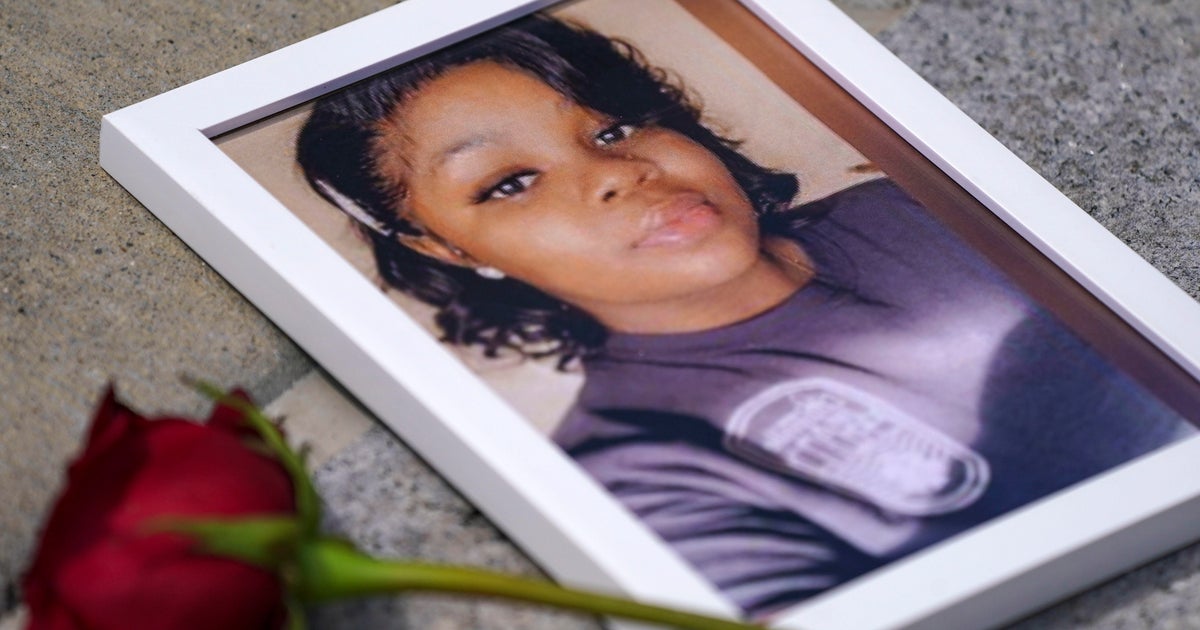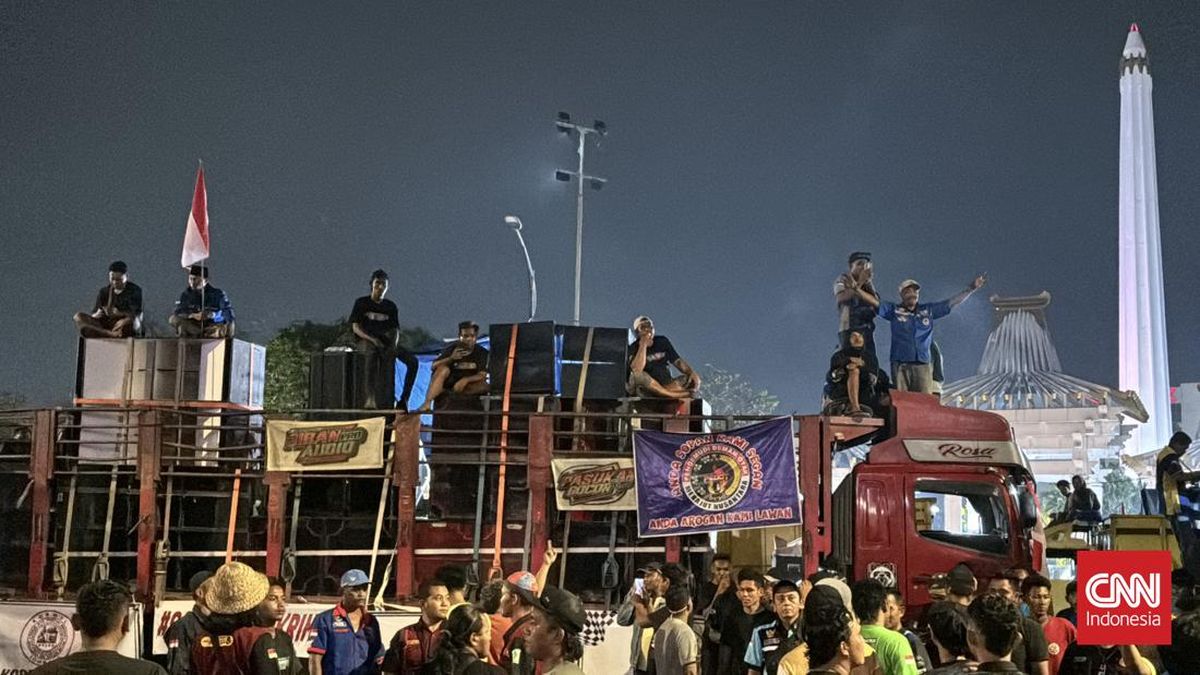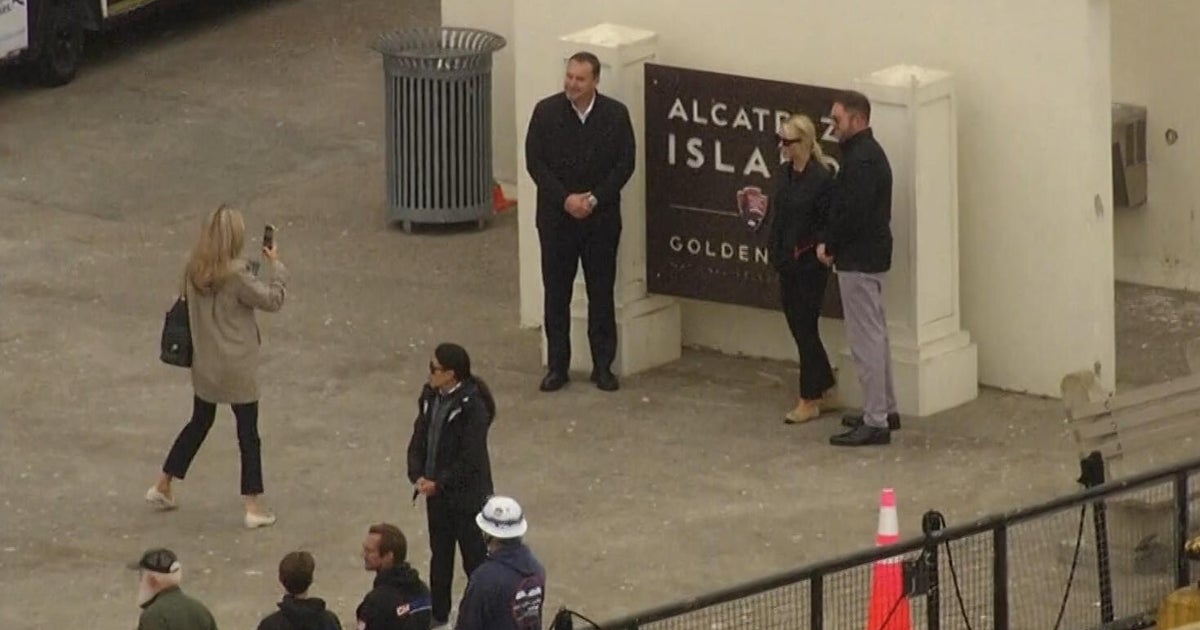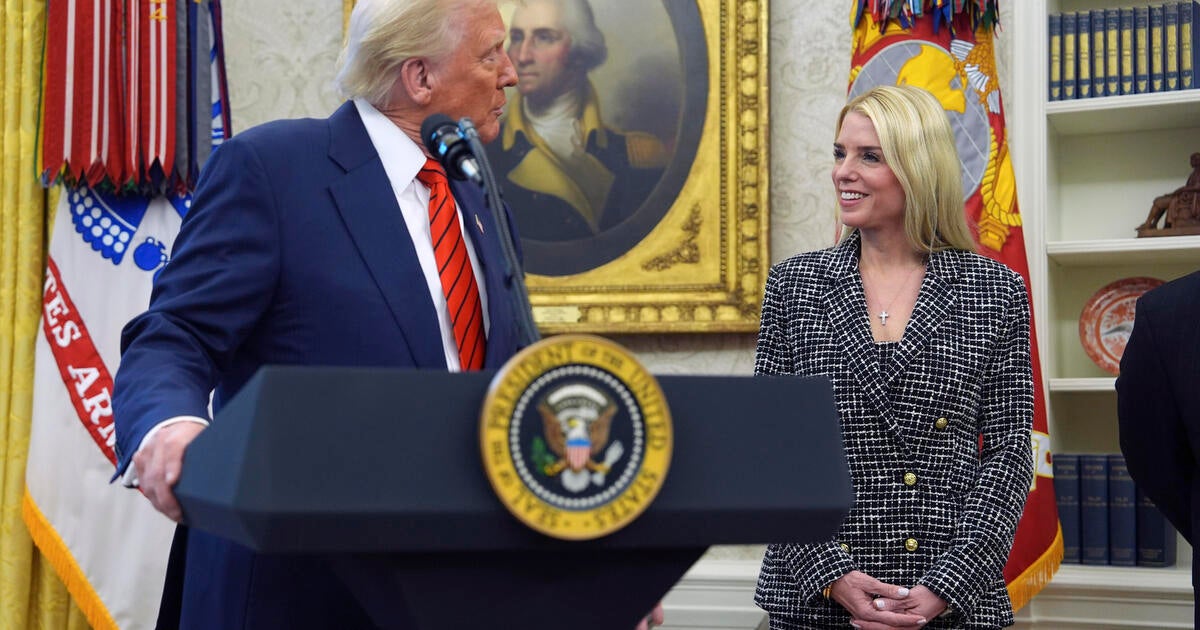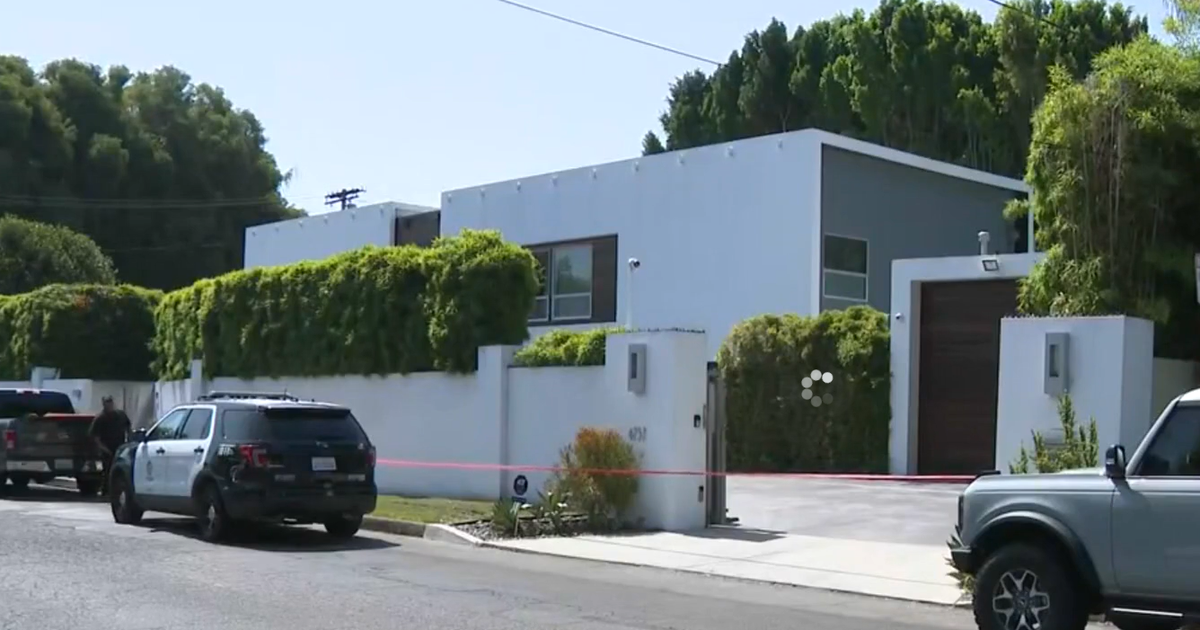Photo opportunities. Warm and fuzzy announcements. Tennis and soccer talk. Lunch on The Bund and dinner at the Hyatt. The Great Wall. Private lunch with Xi Jinping.
Less than two years after the thawing of a seven-year diplomatic freeze, these are the snapshots of Prime Minister Anthony Albanese’s six-day visit to China which, more than any other trading partner, is critical to Australia’s prosperity.

“The scars are still there”: the Australian journalist who was imprisoned in China for more than three years, Cheng Lei.Credit: Elke Meitzel
At this time two years ago, I was still locked up in a Beijing prison, a television journalist absurdly accused of espionage. Monthly visits by Australian embassy staff were my only hope of finding out what was really happening in the world until concerted diplomatic pressure secured my release – after more than three years in jail – in October 2023.
One year ago, as a free woman and working as a journalist for Sky News, I attended a ceremony at Australia’s Parliament House, where Albanese was hosting Chinese Premier Li Qiang – only to be confronted by Chinese diplomats who acted against all protocol by blocking cameras to keep me out of the shot.
A Chinese saying, “You forget the pain once the scar heals”, comes to mind. But the scars are still there.
Once upon a time, Chinese officials were wowed by Western countries when they visited. Contrary to communist slogans, “imperialist paper tigers” were living in unimaginable comfort and luxury. Within China, there were feelings of inferiority and a shame-fuelled fire to catch up with the West.
Loading
Now, it is more likely to be the Westerners visiting China who experience narcosis, like divers who go beyond 30 metres deep. They get high and giggly and may start dancing or taking off their gear. The rush of sensations leads to soundbites about “dynamism” and “rapid growth” and “incredible opportunities”. I don’t see observations that show an understanding of what makes China tick. I can almost hear visiting politicians thinking, “If only we could pass big projects with China’s speed and execute them at its rate!”
For every one of China’s impressive infrastructure projects or breakthrough technologies, flip it over and look at the price tag. Are there worker organisations or lawyers to protect their rights? Without fear of arrest and torture? Are there investigative journalists taking leads and exposing scandals leading to legislative change? How stringent and independently verified are the environmental standards?
If not for the international pressure and the constant media reporting (of which I was proudly a part) about China’s pollution and energy-intensive industries in the 2000s, would China have bitten the bullet on cleaner energy and green solutions?
Loading
Why do Chinese Communist Party officials reject any proposal for officials to declare their assets? Why do CCP officials and wealthy people send their families abroad? (Xi has distant relatives in Melbourne.) Why do the vociferous China bulls not give up their foreign passports and live in China as Chinese citizens?
For all of the CCP’s might, with all of China’s powers and resources at its disposal, why is it so afraid of dissent that ByteDance, TikTok’s parent company, employs an army of 10,000 human censors deleting posts, suspending accounts day and night?
China operates on a “party first” principle. It is built into every message the citizen receives. Individuals can be easily sacrificed to ensure party longevity. To save the party’s face or interests, China has no qualms arresting and torturing innocent individuals and manipulating the narrative. I know it personally.
The CCP may well say on behalf of 1.4 billion people (whether they agree or not), “Our way is best for us.” But is this the world we want to live in?
Human rights used to be a fixed part of the agenda of state visits. Now, whenever there is some UN declaration on China’s crimes against humanity for its treatment of Uyghurs, state TV shows footage of US gun crime, Canadian Indigenous children burial sites or Australia’s Indigenous population suffering.

Illustration by BadiucaoCredit:
China often laments it is “getting older before it gets richer”, but the sad fact is the rest of the world has helped it get richer and more powerful before it gets fairer. Global trade – and with it, an easier-to-coerce international community – has bolstered the CCP’s military budget and helped to silence the Chinese population.
Especially Australia, the most China-trade-dependent middle power.
Dissidents and activists who used to be invited to other embassies in Beijing to brief visiting leaders on China’s human rights would notice they were never invited to the Australian embassy.
The average Sky watcher calls Albanese a “sell-out” and says we should stop trade with China. ABC watchers, less consistently, laud the visit and say we’re better off closer to China because the US is acting irresponsibly. Both sides have a point.
Loading
I am glad the prime minister raised the case of the Australian citizen and democracy activist Yang Hengjun, who remains imprisoned in China, but I’m disappointed that others are not doing more. The Australian Chinese community has not spoken out for Dr Yang. His family is still media-shy. When MPs visited Beijing last year and posted enthusiastic group photos on social media, I couldn’t help but query whether they had asked to see Yang.
Australia, nevertheless, may need to consider how much hardball it is willing to play with China. I suspect my own incarceration was an act of retaliation against the then foreign minister, Marise Payne, calling for an independent investigation into the cause of the COVID epidemic, including China’s handling of the initial outbreak. What revenge might China take against Australians over the rescinding of its purchase of the Port of Darwin?
My friend Badiucao drew a cartoon that showed the PM in a warm bath that was really a Chinese hotpot on the boil. Albanese is our leader, but it is all of us who are being cooked, oblivious as the water becomes incrementally hotter.
I’d like to ask the prime minister this: Now that relations are better, is it easier or harder to broach the hard subjects? What does disagreement (where we must disagree) look like?
I have said I don’t want to be the symbol of disengagement, but I am proud to be the reminder of how China really is, not how it portrays itself by hiding everything from Xinjiang’s internment camps – where many Australian Uyghurs’ family members are still missing – to its brutal arrests of dissidents. Blocking me from cameras and making up lies about me on the Chinese internet are the least of it.
At the Perth launch of my book this week, I heard from Chinese Australians who had been organising vigils for the Tiananmen Square massacre. They reported they were constantly harassed by “muscle” hired by the Chinese consulate. I learnt from West Australian Greens senator Sophie McNeill that WA Labor is the only party branch in Australia that still meets with the CCP-controlled United Front.
It is incumbent, after all, not only on Anthony Albanese to be clear-eyed and cool-headed when it comes to China. It is the responsibility of all of us. Let’s not stoop to political point-scoring, finger-pointing or mindless judgment. Let’s not scapegoat our leader when we all benefit from China’s money. China loves nothing more than to see us distracted and divided from endless bickering.
Cheng Lei is a China-born Australian journalist. She is the author of Cheng Lei: A Memoir of Freedom.
Get a weekly wrap of views that will challenge, champion and inform your own. Sign up for our Opinion newsletter.
Most Viewed in World
Loading

